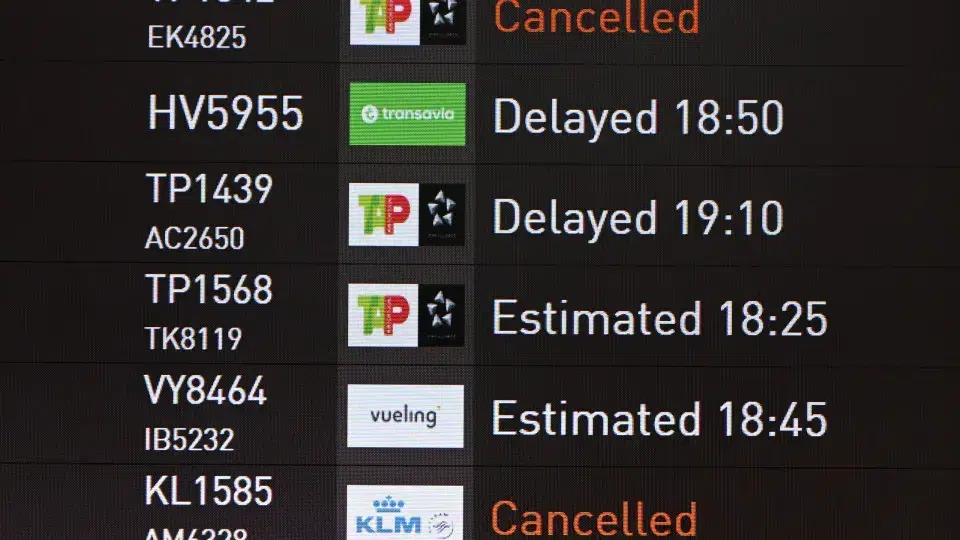
The legislation concerning crypto-assets saw the approval of two distinct bills aimed at enhancing market regulation.
One initiative incorporates the European regulation known as “Mica” into national law, establishing guidelines for the authorization and operation of companies providing crypto-asset services and their supervision. This proposal received approval from the PSD, CDS-PP, Chega, PS, IL, Livre, PAN, and JPP, whereas the PCP and BE opposed it.
Another bill updates national legislation on measures to combat money laundering and terrorism financing, aligning it with the realities of fund transfers and specific crypto-assets. This initiative was backed by the PSD, CDS-PP, Chega, PS, Livre, PAN, and JPP, with BE opposing and IL and the PCP abstaining.
A resolution from PAN recommending policies against misleading advertising of crypto-assets on social media platforms was also approved. The recommendation garnered support from PAN, Chega, PS, Livre, BE, and JPP; PCP abstained, and PSD, IL, and CDS-PP voted against it.
The first bill involves the transposition of European regulation 2023/1114, which sets common rules for issuers of asset-referenced crypto tokens, issuers of electronic money tokens, and providers of crypto-asset services.
The law specifies the authorities responsible for supervising this sector, dividing control between the Bank of Portugal and the Portuguese Securities Market Commission (CMVM) and defining cooperation obligations between these two supervisors and their European counterparts.
The proposal assigns central bank collaboration with the European Banking Authority and designates CMVM to liaise with the European Securities and Markets Authority.
According to the initiative, “the Bank of Portugal and the CMVM closely cooperate and exchange, on their initiative or upon request, all essential or relevant information for exercising supervisory functions” of crypto-asset service providers.
The proposal stipulates that when the BdP receives an application for authorization from a crypto-asset service provider, it must inform the CMVM within two business days of the notifications and authorization requests received.
If the CMVM identifies any opposition to a favorable decision, it “sends a reasoned opinion to the Bank of Portugal.”
The BdP must communicate to the CMVM the acts of authorization, “including the expansion and reduction of authorized activities,” along with information received from a crypto-asset service provider intending to operate in more than one EU country.
The new legislation mandates that companies “ensure that employees providing advice on crypto-assets have the knowledge and skills appropriate to fulfilling their duties.”
The second approved bill, regarding the fight against money laundering, transposes another European regulation (2023/1113) which will classify “crypto-asset service providers based in Portugal” as financial entities for BdP supervision.
Service providers must adhere to the same rules that banks follow to prevent money laundering and terrorism financing through fund transfers.
If identifying a “high risk” of money laundering in fund or crypto-asset transfers, financial entities must “understand the entire circuit of funds or crypto-assets” and “all involved parties” to ensure “only duly authorized entities or people engage in processing” crypto-asset operations.




